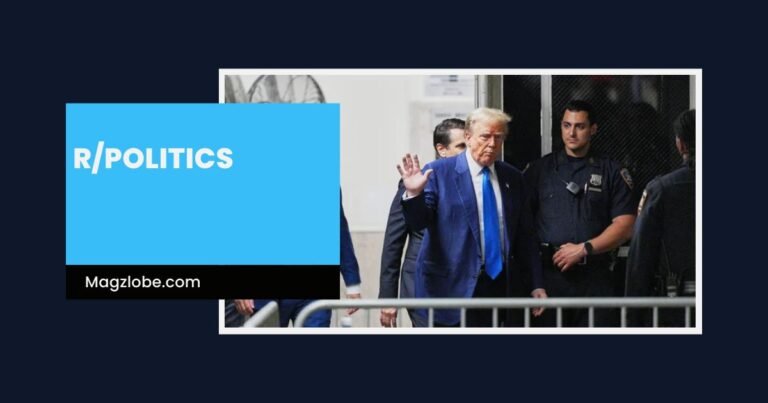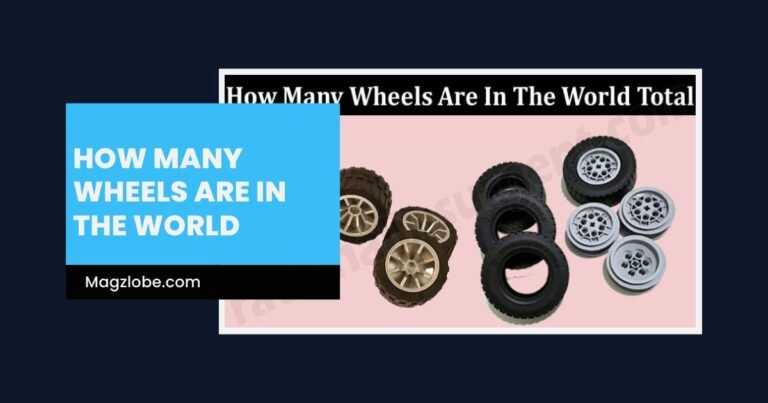Afruimwagens — The Complete Guide for Restaurants, Catering & Hospitality Logistics
Introduction
An afruimwagens system can quietly transform a busy restaurant into a smoother operation. From cafés to large catering events, the right afruimwagens reduce breakage, speed up service rounds, and help you meet HACCP standards. This guide explains what afruimwagens are, how to choose and maintain them, and practical steps to improve kitchen logistics and staff ergonomics.
What is an afruimwagen and what is it used for? (afruimwagen, afruimen werkwagen)
An afruimwagen is a mobile trolley or cart used to collect and transport used plates, glassware, and cutlery from dining areas to dishwashing or storage. In essence, it’s the backbone of efficient bussing and service-run operations. Whether called a traywagen, rollcontainer, or bordenwagen, the afruimwagen’s job is the same: protect crockery, consolidate loads, and cut down on trips.
Typical uses of afruimwagens
-
Clearing multiple tables quickly during peak shifts.
-
Segregating dirty and reusable items to reduce contamination risk.
-
Moving large volumes of dishes in event catering.
-
Acting as a mobile staging area for clean plates or service trays.
Why afruimwagens matter in hospitality (operationele efficiency, snelheid van service)
Imagine a wedding reception with 250 guests. Waitstaff carrying stacks of plates back and forth slows service, increases breakage, and stresses teams. Afruimwagens let employees move big loads safely. Major catering firms like Compass Group and Sodexo use afruimwagens as part of lean hospitality processes to maintain speed and consistency.
Real-life example: A mid-size hotel introduced Cambro traywagens and cut average bussing time per table by 30%, while breakage dropped noticeably.
How to choose the right afruimwagen (how do I choose the right afruimwagen)
Selecting the right afruimwagen comes down to assessing capacity, material, maneuverability, and hygiene:
-
Capacity: How many plates or trays per trip? Estimate peak load.
-
Material: RVS (stainless steel) for durability; plastic trays for lightness and corrosion resistance.
-
Wheels & brakes: Soft, floor-safe wheels with reliable locking mechanisms.
-
Dimensions: Ensure the afruimwagens fit through kitchen doors and service elevators.
-
Ergonomics: Comfortable handles and load heights to reduce strain.
-
HACCP alignment: Smooth, non-porous surfaces for easy disinfecting.
Brands like Vollrath, Cambro, and Rubbermaid Commercial offer proven afruimwagens that suit varying budgets and use cases.
Sizes and materials common for afruimwagens (sizes and materials afruimwagens)
Afruimwagens range from compact traywagens for small cafés to large rollcontainers for banquet halls. Common configurations:
-
Small traywagen: Holds 20–40 plates; often plastic trays.
-
Medium trolley: 40–100 items; mix of stainless steel and plastic.
-
Large rollcontainer: 100+ items; robust RVS frames and reinforced shelves.
Material considerations:
-
Stainless steel (RVS): Heavy-duty, heat resistant, easy to sanitize.
-
High-density polyethylene (HDPE) or polypropylene: Lightweight, rust-proof, and often cheaper.
-
Composite designs: RVS frames with plastic trays balance durability and weight.
Hygiene and maintenance: HACCP best practices (HACCP afruimproces, onderhoud afruimwagens)
Maintaining afruimwagens under HACCP and ISO 22000 frameworks keeps your operation safe:
-
Daily: Wipe high-touch areas and disinfect trays after each shift.
-
Weekly: Deep-clean trays and frames with HACCP-approved detergents.
-
Monthly: Inspect wheels, brakes, and fasteners; tighten or replace parts.
-
Annually: Full audit and preventive maintenance schedule.
Train staff on cleaning protocols and keep a log to support compliance during inspections. SVH and KHN offer guidance for the Dutch hospitality sector; international equivalents exist elsewhere.
Ergonomics and safety (ergonomische handgreep, veiligheid wielen en remmen)
Design matters for staff health. Ergonomic afruimwagens reduce fatigue and injuries:
-
Lower loading heights to avoid excessive lifting.
-
Angled grips for neutral wrist positions.
-
Lockable wheels for safe loading on ramps or uneven floors.
-
Anti-slip coatings where staff handle the trolley.
Simple staff training on proper pushing and braking techniques can prevent accidents and sick leave.
Smart afruimwagens and technology (slimme afruimwagen, IoT)
IoT-enabled afruimwagens are emerging in larger operations:
-
RFID tagging to track location and utilization.
-
Weight sensors to alert when a trolley is full.
-
Route optimization software to reduce idle time.
-
Temperature monitoring for heated or chilled service trolleys.
These technologies link to lean management strategies, lowering unnecessary runs and improving ROI.
Durability and sustainability (duurzame afruimwagens, reinigingsbestendigheid)
Sustainable afruimwagens reduce total cost of ownership:
-
Choose repairable components over disposable parts.
-
Select recyclable materials when replacing units.
-
Consider electric-assist trolleys to reduce staff strain and improve energy efficiency.
Procurement choices that favor durability help both budgets and the planet.
Costs, ROI, and measuring success (operationele efficiency, snelheid van service)
Calculate ROI by quantifying:
-
Reduced labour minutes per shift.
-
Lower breakage and replacement costs.
-
Faster turnover leading to more covers per service period.
Track KPIs such as rounds per hour, plates transported per shift, and breakage rate to measure the impact of new afruimwagens.
Quick implementation checklist for afruimwagens (mobile afruimstation, personeelsvriendelijk design)
-
Test 1–2 models in peak service before bulk purchase.
-
Train staff and document usage protocols.
-
Schedule regular maintenance checks.
-
Integrate afruimwagens into your HACCP cleaning plan.
-
Monitor KPIs and adjust routes or staffing based on data.
Conclusion
Choosing the right afruimwagens improves speed, safety, and hygiene across hospitality operations. If you want a tailored recommendation—model selection, a 30-day testing plan, or HACCP-aligned cleaning schedules—request a free assessment and we’ll design a pilot that fits your venue.
Also Read: Simbramento: How Cultural Blending Strengthens Communities
FAQ (answers to the PAA questions)
What is an afruimwagen and what is it used for?
An afruimwagen is a mobile trolley used to collect and transport used plates, glasses, and cutlery from dining areas to dishwashing or storage. It speeds up bussing and protects crockery.
How do I choose the right afruimwagen for my restaurant or catering?
Choose based on capacity, materials (RVS vs plastic), wheel type, dimensions to fit doors and elevators, and HACCP cleanability. Test units before full deployment.
What sizes and materials are common for afruimwagens?
Sizes vary from small traywagens for cafés to large rollcontainers for banquets. Materials include stainless steel, high-density plastics, or composites combining both.
How should I maintain and clean afruimwagens according to HACCP?
Daily wipe-downs, weekly deep cleans with HACCP-approved agents, monthly mechanical checks, and an annual inspection. Maintain cleaning logs for compliance.
Can smart (IoT) afruimwagens improve workflow?
Yes. RFID, weight sensors, and route optimization reduce unnecessary trips, speed up rounds, and provide data to improve staff deployment.













